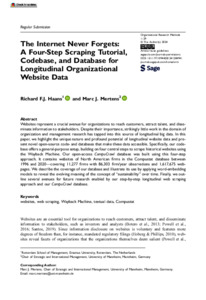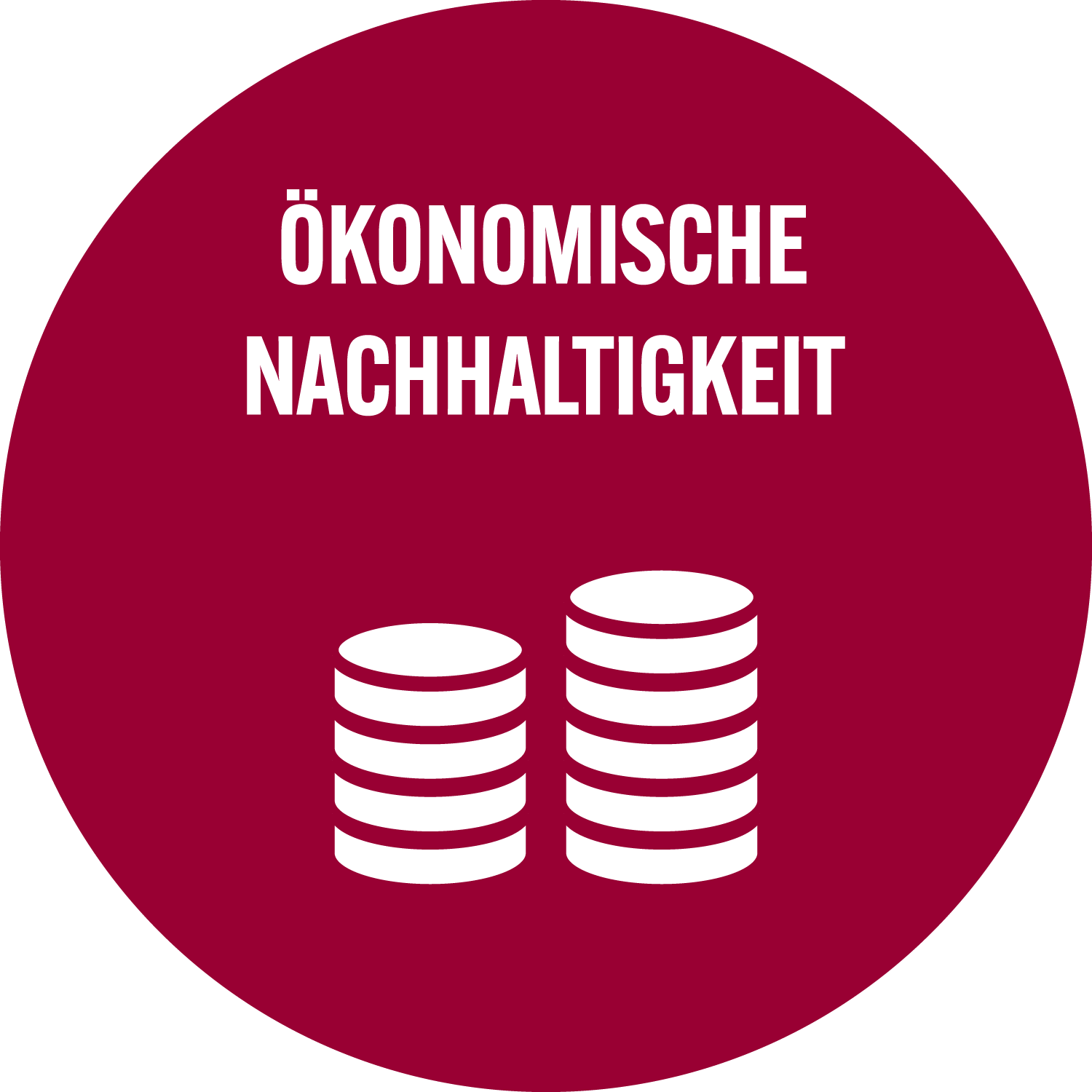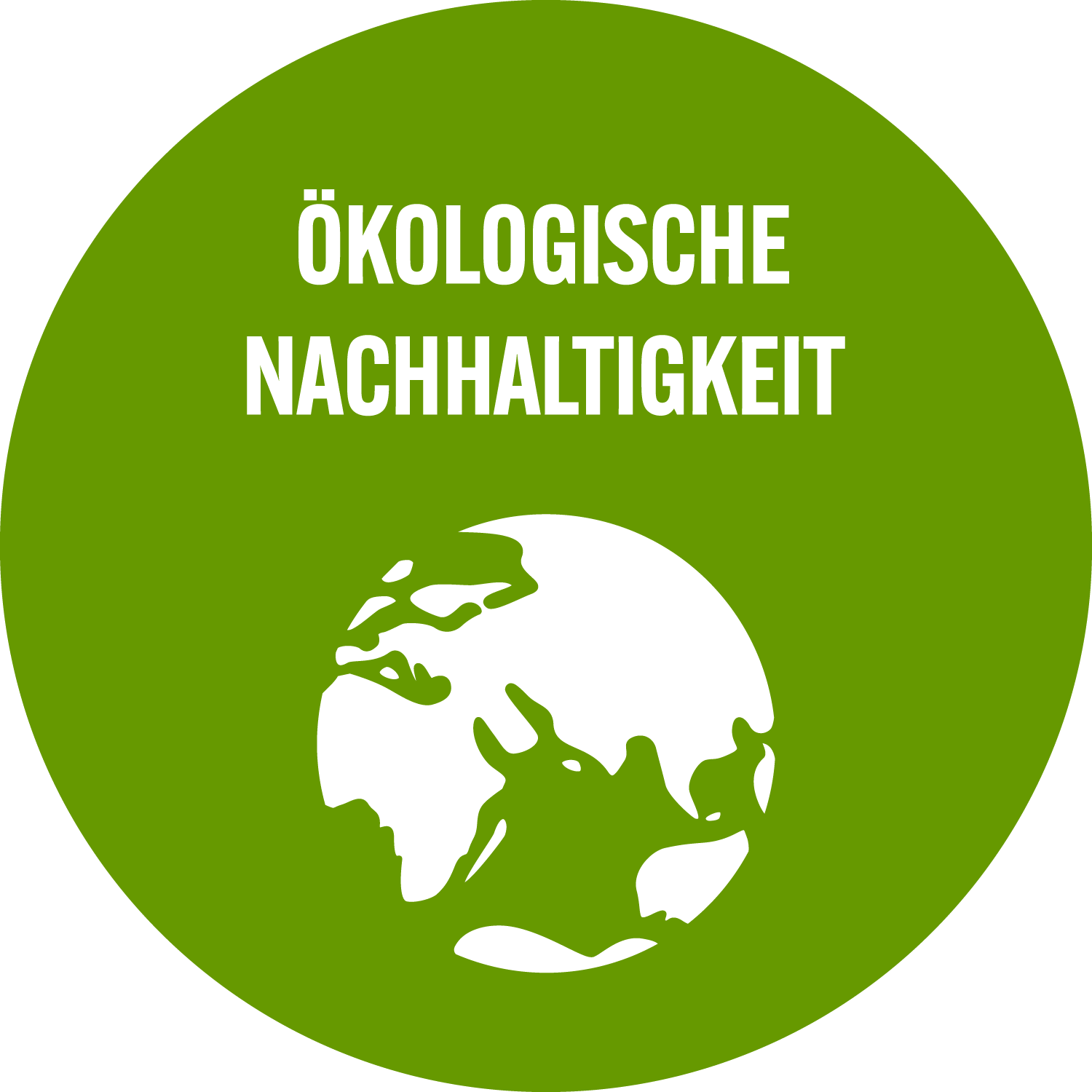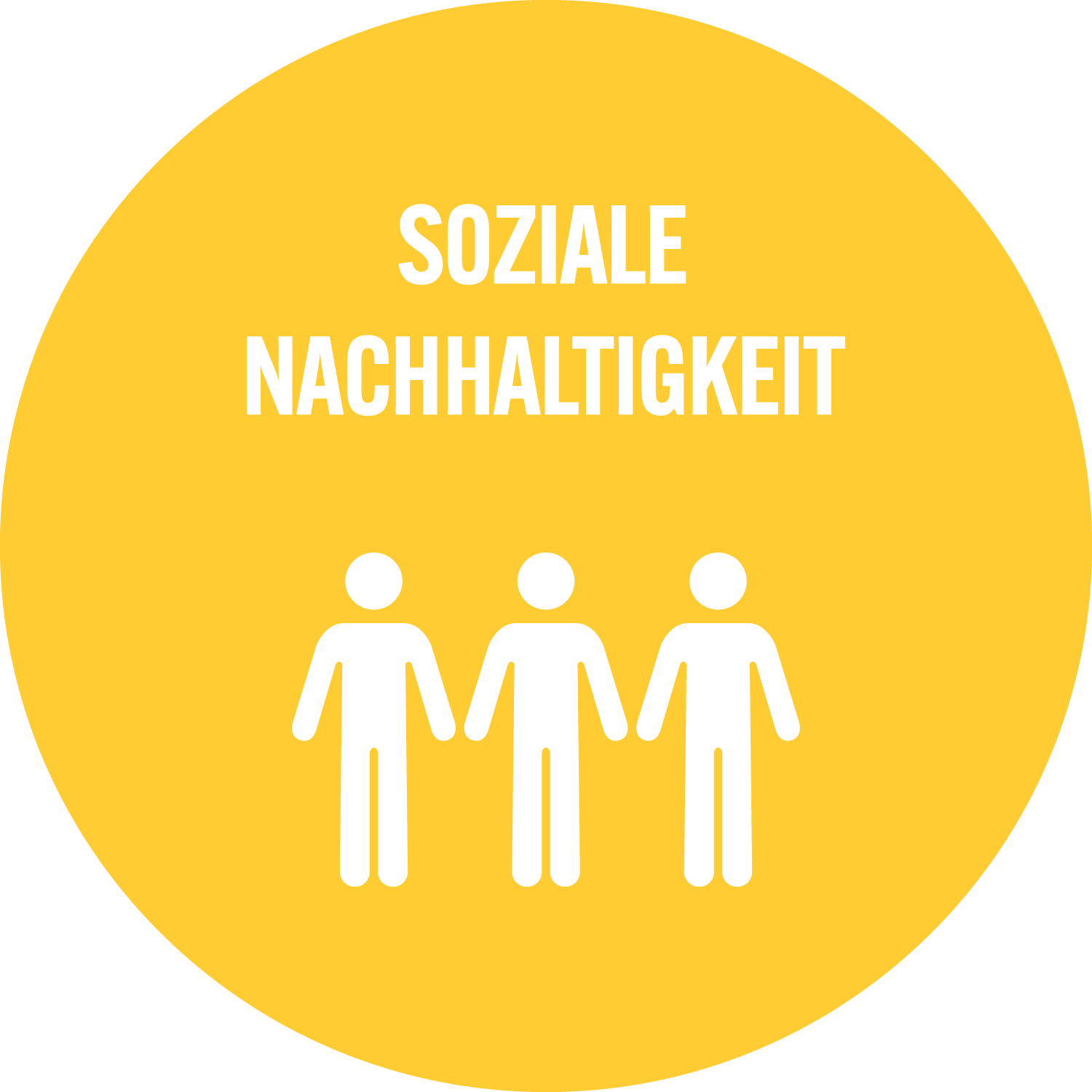|
The internet never forgets: A four-step scraping tutorial, codebase, and database for longitudinal organizational website data
Haans, Richard F.J.
;
Mertens, Marc J.
![[img]](https://madoc.bib.uni-mannheim.de/68472/1.hassmallThumbnailVersion/haans-mertens-2024-the-internet-never-forgets-a-four-step-scraping-tutorial-codebase-and-database-for-longitudinal.pdf)  Vorschau |
|
PDF
haans-mertens-2024-the-internet-never-forgets-a-four-step-scraping-tutorial-codebase-and-database-for-longitudinal.pdf
- Veröffentlichte Version
Download (1MB)
|
|
DOI:
|
https://doi.org/10.1177/10944281241284941
|
|
URL:
|
https://journals.sagepub.com/doi/10.1177/109442812...
|
|
Weitere URL:
|
https://www.researchgate.net/publication/385550928...
|
|
URN:
|
urn:nbn:de:bsz:180-madoc-684725
|
|
Dokumenttyp:
|
Zeitschriftenartikel
|
|
Erscheinungsjahr:
|
2026
|
|
Titel einer Zeitschrift oder einer Reihe:
|
Organizational Research Methods : ORM
|
|
Band/Volume:
|
29
|
|
Heft/Issue:
|
1
|
|
Seitenbereich:
|
113-141
|
|
Ort der Veröffentlichung:
|
Thousand Oaks, CA
|
|
Verlag:
|
Sage
|
|
ISSN:
|
1094-4281 , 1552-7425
|
|
Sprache der Veröffentlichung:
|
Englisch
|
|
Einrichtung:
|
Fakultät für Betriebswirtschaftslehre > Strategisches u. Internat. Management (Brauer 2014-)
|
|
Bereits vorhandene Lizenz:
|
 Creative Commons Namensnennung, nicht kommerziell 4.0 International (CC BY-NC 4.0) Creative Commons Namensnennung, nicht kommerziell 4.0 International (CC BY-NC 4.0)
|
|
Fachgebiet:
|
330 Wirtschaft
|
|
Freie Schlagwörter (Englisch):
|
websites , web scraping , Wayback Machine , textual data , Compustat
|
|
Abstract:
|
Websites represent a crucial avenue for organizations to reach customers, attract talent, and disseminate information to stakeholders. Despite their importance, strikingly little work in the domain of organization and management research has tapped into this source of longitudinal big data. In this paper, we highlight the unique nature and profound potential of longitudinal website data and present novel open-source code- and databases that make these data accessible. Specifically, our codebase offers a general-purpose setup, building on four central steps to scrape historical websites using the Wayback Machine. Our open-access CompuCrawl database was built using this four-step approach. It contains websites of North American firms in the Compustat database between 1996 and 2020—covering 11,277 firms with 86,303 firm/year observations and 1,617,675 webpages. We describe the coverage of our database and illustrate its use by applying word-embedding models to reveal the evolving meaning of the concept of “sustainability” over time. Finally, we outline several avenues for future research enabled by our step-by-step longitudinal web scraping approach and our CompuCrawl database.
|
 | Dieser Eintrag ist Teil der Universitätsbibliographie. |
 | Das Dokument wird vom Publikationsserver der Universitätsbibliothek Mannheim bereitgestellt. |
 Suche Autoren in Suche Autoren in
Sie haben einen Fehler gefunden? Teilen Sie uns Ihren Korrekturwunsch bitte hier mit: E-Mail
Actions (login required)
 |
Eintrag anzeigen |
|
|



 ORCID: 0000-0002-4868-1488 ; Mertens, Marc J.
ORCID: 0000-0002-4868-1488 ; Mertens, Marc J.  ORCID: 0000-0002-0199-8939
ORCID: 0000-0002-0199-8939



 Creative Commons Namensnennung, nicht kommerziell 4.0 International (CC BY-NC 4.0)
Creative Commons Namensnennung, nicht kommerziell 4.0 International (CC BY-NC 4.0) Suche Autoren in
Suche Autoren in